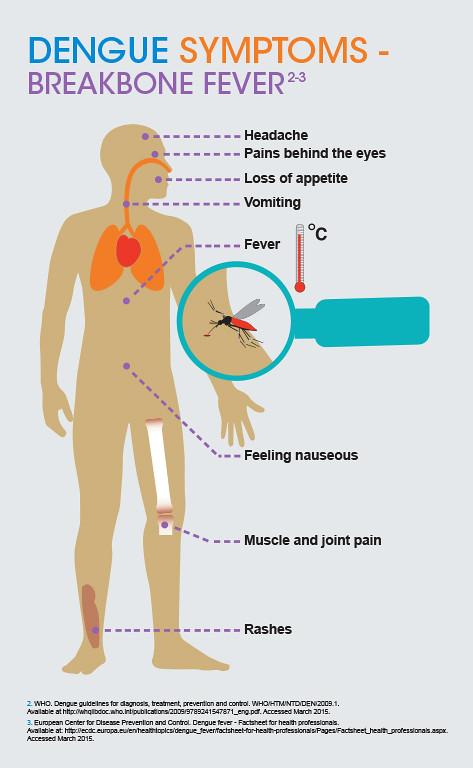
Crohnʼs disease is a chronic inflammatory condition of the gastrointestinal tract that can cause a variety of symptoms. While the exact cause of the disease is not known, it is thought to be a combination of genetic, environmental, and immune system factors. The symptoms of Crohnʼs disease can vary from person to person, and may come and go over time. It is important to be aware of the common symptoms of Crohnʼs disease so that you can seek medical attention and receive proper treatment.
In this article, we will explore the symptoms of Crohnʼs disease and how they can impact individuals who suffer from this condition.
Abdominal Pain and Cramping
One of the most common symptoms of Crohnʼs disease is abdominal pain and cramping. This pain can be severe and may occur anywhere in the abdomen. It is often accompanied by cramping, bloating, and a feeling of fullness. Abdominal pain and cramping can be constant or intermittent, and may worsen after eating.
If you are experiencing persistent abdominal pain and cramping, it is important to consult with a healthcare professional to determine if it is related to Crohnʼs disease or another gastrointestinal condition.
Diarrhea
Diarrhea is another common symptom of Crohnʼs disease. It can be mild to severe and may be accompanied by rectal bleeding, urgency, and the inability to control bowel movements. Diarrhea in Crohnʼs disease can lead to dehydration, electrolyte imbalances, and malnutrition if not managed properly.
If you are experiencing chronic diarrhea, it is essential to seek medical attention to determine the cause and receive appropriate treatment.
Weight Loss
Unintentional weight loss is a frequent symptom of Crohnʼs disease. This is often due to a combination of factors, including decreased appetite, malabsorption of nutrients, and increased energy expenditure from inflammation. If you are losing weight without trying, it is important to consult with a healthcare professional to rule out any underlying medical conditions, including Crohnʼs disease.
Weight loss in Crohnʼs disease can lead to malnutrition and weakened immune function, so it is crucial to address this symptom as part of a comprehensive treatment plan.
Fatigue
Fatigue is a common symptom of Crohnʼs disease, and it can significantly impact a person’s quality of life. The exact cause of fatigue in Crohnʼs disease is not well understood, but it may be related to inflammation, anemia, nutrient deficiencies, and disrupted sleep patterns.
If you are experiencing persistent fatigue, it is important to address this symptom with your healthcare provider to identify the underlying cause and develop a management plan.
Fever
Fever is a symptom of inflammation in the body, and it can occur during flare-ups of Crohnʼs disease. The fever may be low-grade or high-grade, and it can be accompanied by other symptoms such as chills, sweating, and fatigue.
If you have a fever that is persistent or accompanied by other concerning symptoms, it is crucial to consult with a healthcare professional to determine the cause and receive appropriate treatment.
Joint Pain
Some individuals with Crohnʼs disease may experience joint pain, swelling, and stiffness. This is known as arthritis and can affect any joint in the body. The joint pain associated with Crohnʼs disease is due to inflammation and immune system dysfunction.
If you are experiencing joint pain, it is essential to consult with a healthcare professional to determine the cause and receive appropriate treatment to manage this symptom effectively.
Skin Problems
Skin problems are another potential symptom of Crohnʼs disease. These can include ulcers, sores, red bumps, and other skin lesions. Skin problems may be related to inflammation, nutrient deficiencies, and immune system dysfunction associated with Crohnʼs disease.
If you are experiencing skin problems, it is important to consult with a healthcare professional to determine the cause and receive appropriate treatment to manage this symptom effectively.
Mouth Sores
Some individuals with Crohnʼs disease may develop mouth sores, also known as canker sores or aphthous ulcers. These can be painful and may make it difficult to eat, drink, and speak. Mouth sores can come and go and are often associated with flare-ups of Crohnʼs disease.
If you are experiencing mouth sores, it is important to consult with a healthcare professional to determine the cause and receive appropriate treatment to manage this symptom effectively.
Eye Problems
Eye problems can occur in some individuals with Crohnʼs disease, including inflammation of the eye, dry eyes, and vision changes. These symptoms can be related to inflammation and immune system dysfunction associated with Crohnʼs disease.
If you are experiencing eye problems, it is important to consult with an eye care professional and a healthcare provider to determine the cause and receive appropriate treatment to manage this symptom effectively.
Blood in Stool
Blood in the stool can be a concerning symptom and is often associated with inflammation and ulceration in the gastrointestinal tract. This can occur in individuals with Crohnʼs disease and may be accompanied by other symptoms such as abdominal pain, diarrhea, and fatigue.
If you are experiencing blood in the stool, it is important to consult with a healthcare professional to determine the cause and receive appropriate treatment to manage this symptom effectively.

















